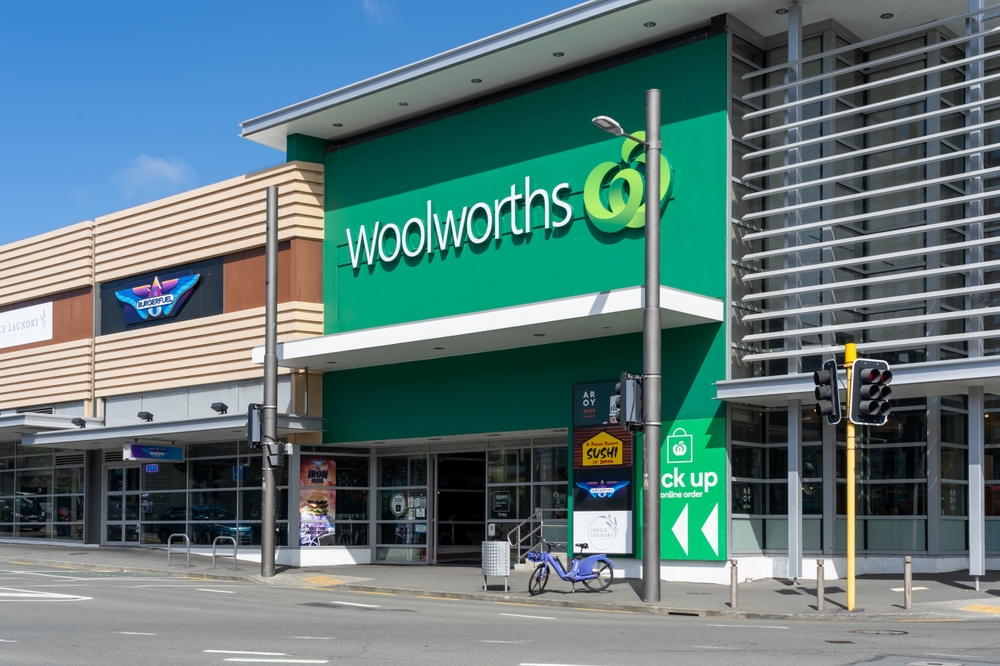Working with clients in New Zealand this week it has been amazing to see sales teams & buyers already embracing and using the ComCom Grocery Code of conduct.
For those ‘out of towners’, the code here came into effect late last year with main focus to protect consumers from rising prices & suppliers receiving ‘beyond’ challenging retailer demands. It’s a tough market in the duopoly grocery retailing world of – Woolworths New Zealand (including the Countdown Brand, Fresh Choice & Super Value) and Foodstuffs North Island and South Island (including Pak ‘n Save, New World and Four Square) who between them have about 80% of the market. So the Commerce Commission who are responsible for enforcing the Code and serving fines to those who breach it, have their work cut out.
Speaking with commercial teams in Auckland, Wellington & Christchurch, the feedback is National Head Office account leads are negotiating their Grocery Supply Agreement (GSA) terms and conditions to fix the long-standing issues and unproductive demands for more investment from major grocery accounts. At the same time field reps are calling out the local Pak’nSave tyrant, sorry that should be local Pak’nSave owner, for their behaviours and trying to ‘investment buy’ by over ordering products that are on promotion.
A couple of things about the New Zealand Grocery Code are giving some suppliers the confidence to tackle issues. Firstly, the code has consequences. With fines up to 3% of retailer turnover or NZ$3,000,000 sales teams know that buyers will be eyes on the ball, at least for now. Secondly, the NZ code is explicit and clear. “Regulated Grocery Retailers cannot require suppliers to use specific transport or logistics services, or impose unreasonable service standards for transport or logistics.” or “Retailers cannot require suppliers to pay for shrinkage (the loss of grocery products due to theft or accounting error).” don’t leave the wiggle room that tactical buyers look for.
This clarity in the code and the threat of real consequences seems to be giving sales teams the confidence to bring up the code in their retailer discussions. Of course, it’s not about wheeling in the lawyers, or immediately escalating the moment with threats to call in the police to seize the $3,000,000 from the retailer’s cash tills. A calm comment to let the retailer contact know that you know the code and your rights is normally enough to get them to step back and to restore the commercial logic. Our clients are telling us that a simple comment can deal with the more challenging moments, “that demand doesn’t feel like fair and reasonable conduct under the code, I’m sure you don’t want to go there…let’s get back to the opportunity I came to see you about”.
So in summary, if you’re lucky enough to be working in a grocery code environment make sure you are familiar with the key clauses and intentions of the code, and that you are confident enough to use it appropriately to restore the commercial logic in your customer discussions.
Simon Borrill
Regional Director ASPAC
Sentinel Global Training & Consultants
Image Editorial credit: JHVEPhoto / Shutterstock.com


